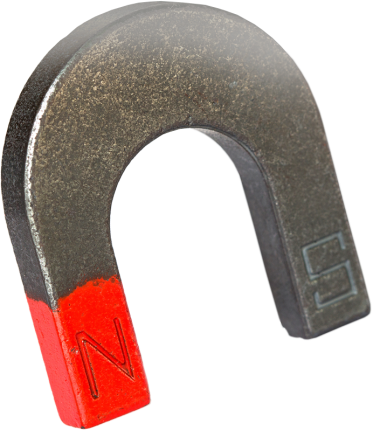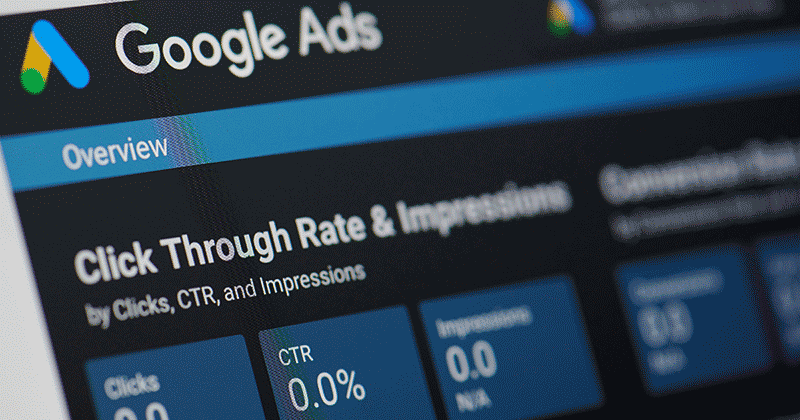eBay, Google Release Competing ‘Non Competing’ Services
eBay and Google passive aggressively announced ‘non competing’ new launches this weekend that seem to tread not-so-lightly on one others territory. eBay announced next week’s test release of its contextual advertising program, while Google announced a June 28th release date for online payment system (aka PayPal killer) GBuy.
Two questions: Are we really supposed to believe these items are non competing? And how will these launches affect the Google/eBay equilibrium?
eBay’s new contextual advertising program nicknamed AdContext (way to be original, by the way) will launch next week and allow merchants to advertise their services and listings via AdContext affiliates. Unlike its competitors, eBay’s AdContext system will only link to running eBay auctions (not to generic advertising networks) and will use a CPA payment model, meaning publishers will only receive a commission if the click from their site leads to a conversion.
Meanwhile, Forbes is predicting Google’s much-hyped GBuy system will launch June 28th to handle transactions between merchants and buyers, eradicating any need for Google Base enthusiasts to use PayPal. Google will even list participating sellers as “trusted GBuy merchants” right on their SERP. Way to peer pressure sellers into joining your team, Google.
What’s interesting about both releases is that Google and eBay are both trying to play it off like these releases will have no affect on one another, when really, they’re attempting to cut one another off at the knees.
Think about it. Despite eBay’s spokesman Hani Durzy’s spoutings that AdContext is designed to be ‘complementary’ to Google’s AdSense, what it’s really designed to do is cut Google out of the equation. It seems to me this is eBay’s attempt at increasing their profit margins and cutting out the middle man who accounts for 12 percent its traffic. Has an older, wiser eBay grown tired of paying Google and Yahoo to host ads for them?
And GBuy? I don’t think there’s any way to mask this is a direct attack on PayPal. Not that there’s anything wrong with creating competitor services. It’s healthy – for them, for consumers, for everyone — but why not own up to it?
And what’s with the “trusted GBuy merchant” marker on the SERP? Google says this is designed to ‘encourage customers to view the merchant as safe’ but I think that’s a bit of spin. If you saw two identical listings for the same product, but one of the sellers was “trusted” by Google and the other was not, which would you click on? Smooth move.
Despite the dueling services, everyone knows it is in Google and eBay’s best interest to remain friends. Google gets a large chunk of its advertising from eBay and eBay gets valuable traffic from Google. The two have coexisted in relative harmony for quite some time now, even with the implementation of Google Base. Both need to be aware whose toes they’re really stepping on because neither can afford to lose what the other brings to the table.
Of course, it will be interesting to see how the dynamic changes as both begin to dig deeper and deeper into each other’s territory and eBay further develops its partnership with Yahoo!.

Comments are closed









